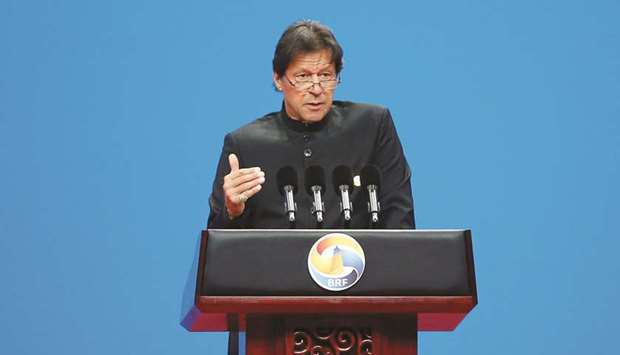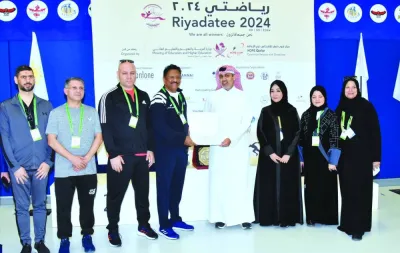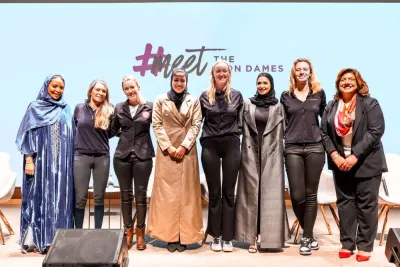Prime Minister Imran Khan travels to the United States tomorrow hoping the arrest of a militant leader with a $10mn US bounty on his head and progress in Afghan peace talks will help secure a favourable reception.
Khan is expected to try to mend fences and attract much-needed investment during his meeting with US President Donald Trump in exchange for assurances of full co-operation in ending the war in Afghanistan and fighting militant threats.
Trump, a property developer turned reality TV star, and Khan, World Cup-winning captain of the Pakistan cricket team, both came to office after achieving fame away from politics, and the personal chemistry between the two may be decisive.
“A lot will depend on the kind of mood that President Trump and indeed Prime Minister Khan find themselves in,” said Farzana Sheikh, associate fellow at the Royal Institute of International Affairs in London. “Neither of them is known to be particularly predictable.”
Battling to stave off a balance of payments crisis and forced to seek a bailout from the International Monetary Fund (IMF), Pakistan is badly in need of foreign investment but security is likely to be the main focus of the visit.
Khan will be accompanied by the powerful army chief, General Qamar Javed Bajwa.
Analysts believe he will play a key role in behind-the-scenes discussions, where much of the serious business of the visit will take place, with the military looking to persuade Washington to restore aid and co-operation.
“It’s a visit which is closely being monitored by the military which is in desperate need for money,” said author and analyst Ayesha Siddiqa.
Last year, Trump cut off hundreds of millions of dollars in security assistance to Pakistan, accusing Islamabad of offering “nothing but lies and deceit” while giving safe haven to terrorists, a charge angrily rejected by Islamabad.
However, Prime Minister Khan will believe the arrest on Wednesday of Hafiz Saeed, the alleged mastermind of a four-day militant attack on the Indian city of Mumbai in 2008, will send the right signals to Trump, who exuberantly welcomed the news on Twitter.
More than 160 people were killed in the four-day militant attacks.
Saeed is designated a terrorist by the US and the UN.
Trump said Saeed’s arrest “after a 10-year search”, was the result of pressure from his administration on Pakistan to get tougher on militants.
But Saeed has been in and out of Pakistan prisons for the last decade and even addressed public rallies.
As well as assurances that it is cracking down on militants, Prime Minister Khan is likely to stress Pakistan’s role in bringing the Taliban to the negotiating table with the United States.
Trump has made no secret of his desire to end US military involvement in Afghanistan, and Pakistan’s co-operation will be essential to any deal to end the war and ensure the country does not become a base for militant groups like Islamic State (IS).
“The United States, Russia and China know that without Pakistan’s co-operation, there can be no settlement in Afghanistan,” Sheikh said.
India, which in February came close to war with Pakistan over the region of Kashmir and which accuses Islamabad of supporting militants, will be watching the talks closely.
New Delhi has pushed the Financial Action Task Force (FATF), global money laundering and terror finance watchdog, to put Pakistan on a blacklist of countries that fail to meet international standards in stopping financial crime.
But it has had its own problems with the Trump administration over trade and is concerned about being shut out of the peace process in Afghanistan.
Former Pakistan defence secretary Lieutenant-General (retired) Asif Yasin Malik said that priority-wise, the economy would be number one on Prime Minister Khan’s agenda, Afghanistan would be the second, and India would be number three.
“Pakistan will also try to convince the US Administration for taking part in China-Pakistan Economic Corridor (CPEC). At least Pakistan will ask the US administration to convince its private sector to invest in the CPEC,” he said. “Prime Minister Khan will also inform the US administration, particularly President Trump, about the India’s hostile attitude towards Pakistan.”
When asked whether Pakistan will request the US administration for the reimbursement of outstanding dues in terms of Coalition Support Fund (CSF), Malik said the issue of CSF might not be discussed during this meeting as it is not a priority.
Former Pakistan foreign affairs secretary and Pakistan’s ambassador to the US Jalil Abbas Jilani believes that the Afghan peace process will be the top priority during Prime Minister Khan’s visit.
He also said that the economy will be the major area of focus during this visit.
“I have been to US. I have noticed that the Americans have appreciated recent steps taken by Pakistan to bring reforms in economic sector. They appreciate Pakistan for these measures,” Jilani said.
“The Americans have also realised Pakistan’s importance in the region, and they know US interests are directly related to Pakistan if it wants to stay in this region,” he added. “Pakistan has taken number of positive steps during last two years, and the present US administration has recognised this publicly.”
“Trump’s invitation to Prime Minister Khan itself is recognition of Pakistan’s services for ensuring peace in the region,” Jilani said.

Prime Minister Khan: his visit would be closely watched.


